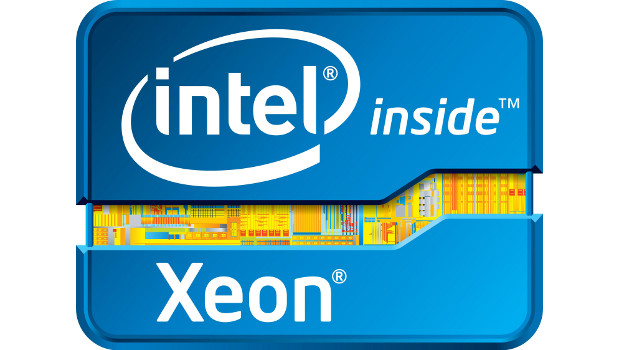Intel is expanding its custom server chip programme by integrating a special processing unit that could speed up specific applications in cloud computing environments.
The chip maker said it will integrate application-specific integrated circuits (ASIC) in future Xeon chips, which will speed up cloud, security and big data applications. The ASIC designs will be provided by eASIC, a fabless semiconductor company based in Santa Clara, California.
Intel declined to comment on the type of ASICs being integrated, or when they will be integrated in Xeon chips. But the integrated ASICs will be reprogrammable, and customers will be able to add more flexibility to their servers to handle specific types of tasks.
ASICs could play a key role in hardware acceleration in areas like big data, sorting, searching and pattern matching, said Nathan Brookwood, principal analyst at Insight 64. The algorithms tied to specific computing tasks need to be programmed into ASICs, he said.
ASICs could also address challenges with security in the cloud through hardware-based encryption and decryption, Brookwood said.
Intel is already designing custom server chips with different types of I/O, memory and storage controllers. Intel is planning to also integrate field-programmable gate array (FPGA) reprogrammable circuits in its server chips. ASICs will be more power-efficient at specific tasks than traditional FPGAs, Intel said.
Many ASICs are hardwired to run specific tasks, but can be reprogrammed, depending on design parameters, Brookwood said. The FPGA approach is much more programmable, but it is not as power-efficient as a hardwired ASIC, he said.
Intel has been integrating FPGAs alongside its CPUs in some chipsets for years. Intel is rumoured to also be looking to acquire FPGA maker Altera in a bid to expand its chip offerings.
Agam Shah, IDG News Service







Subscribers 0
Fans 0
Followers 0
Followers